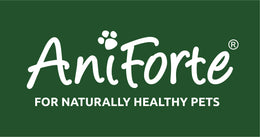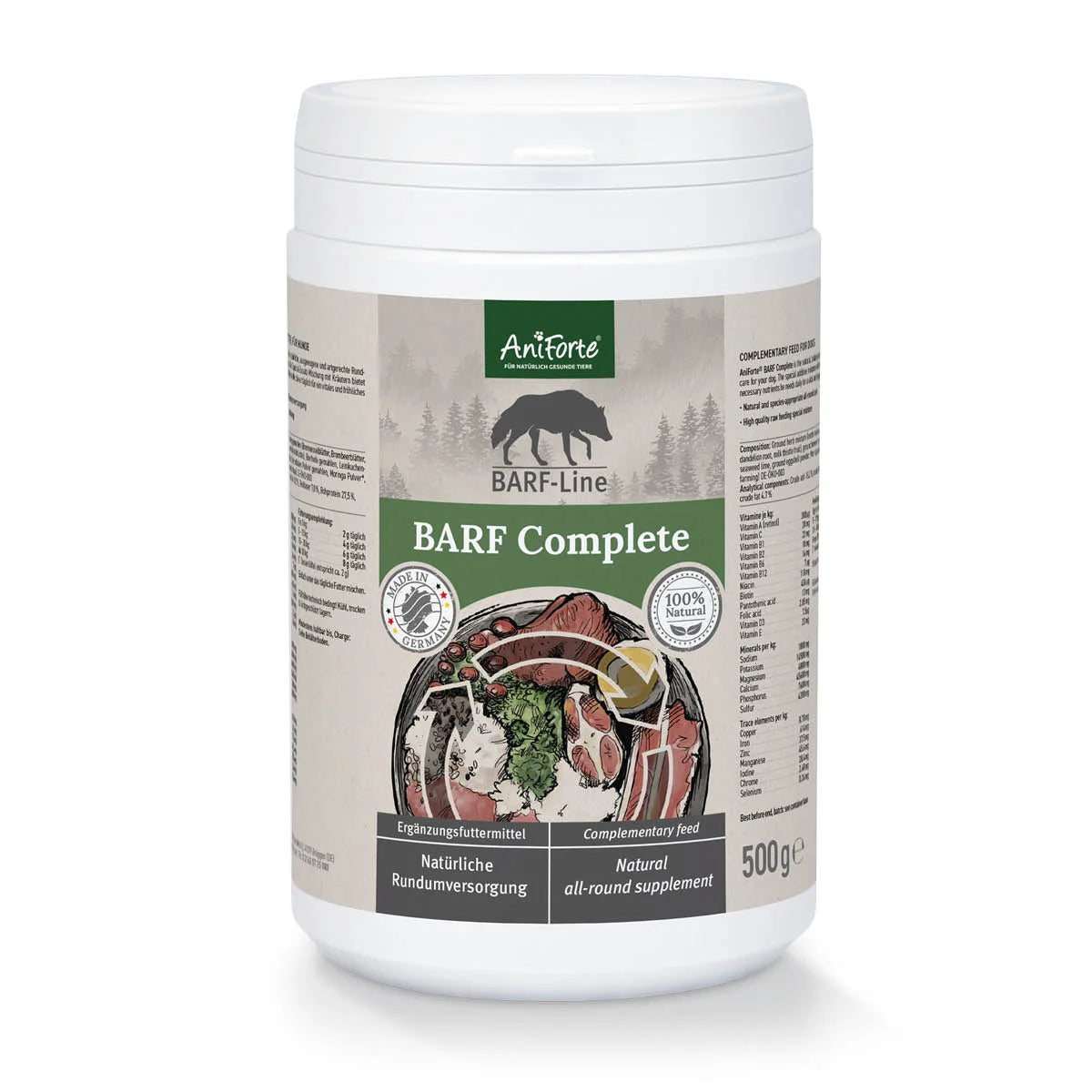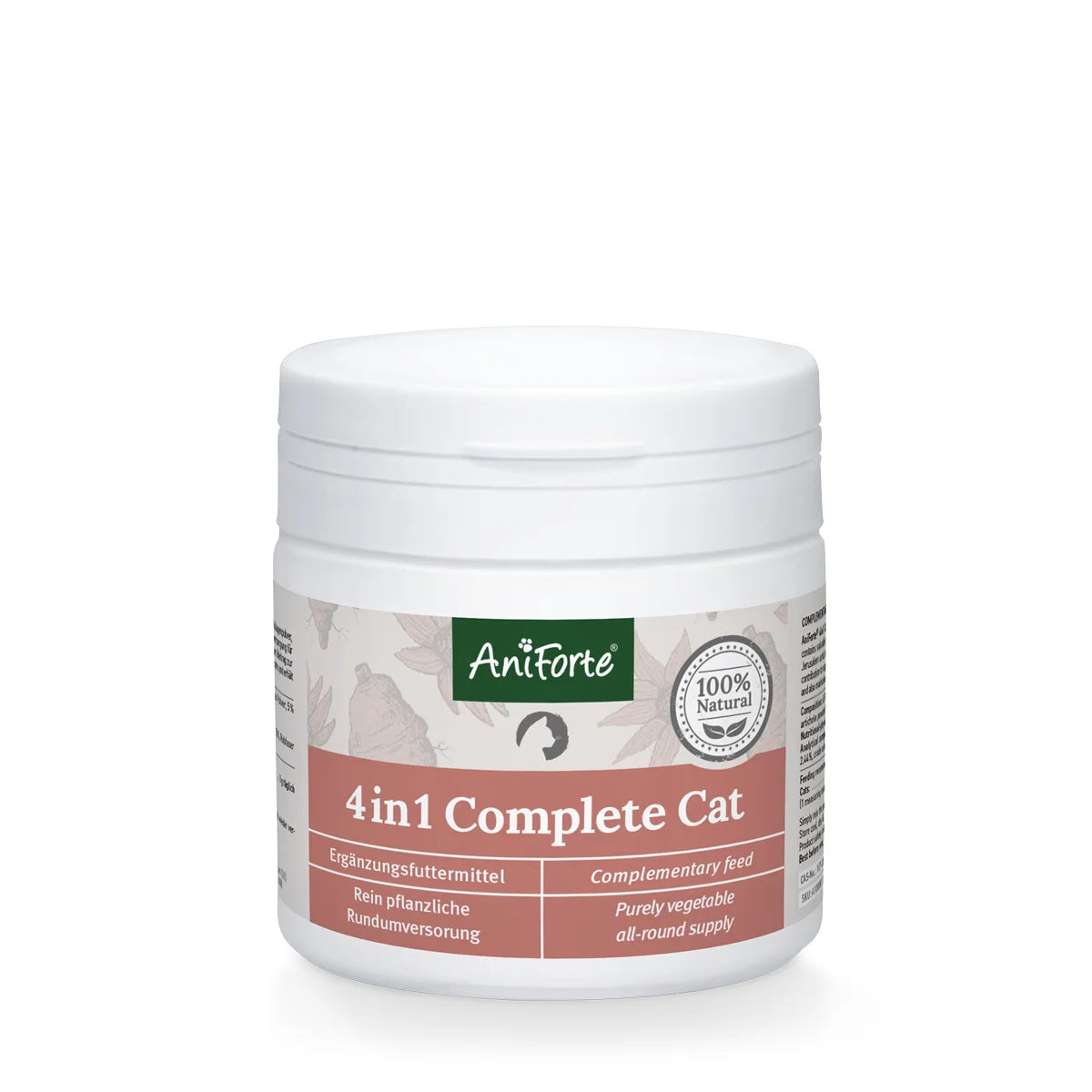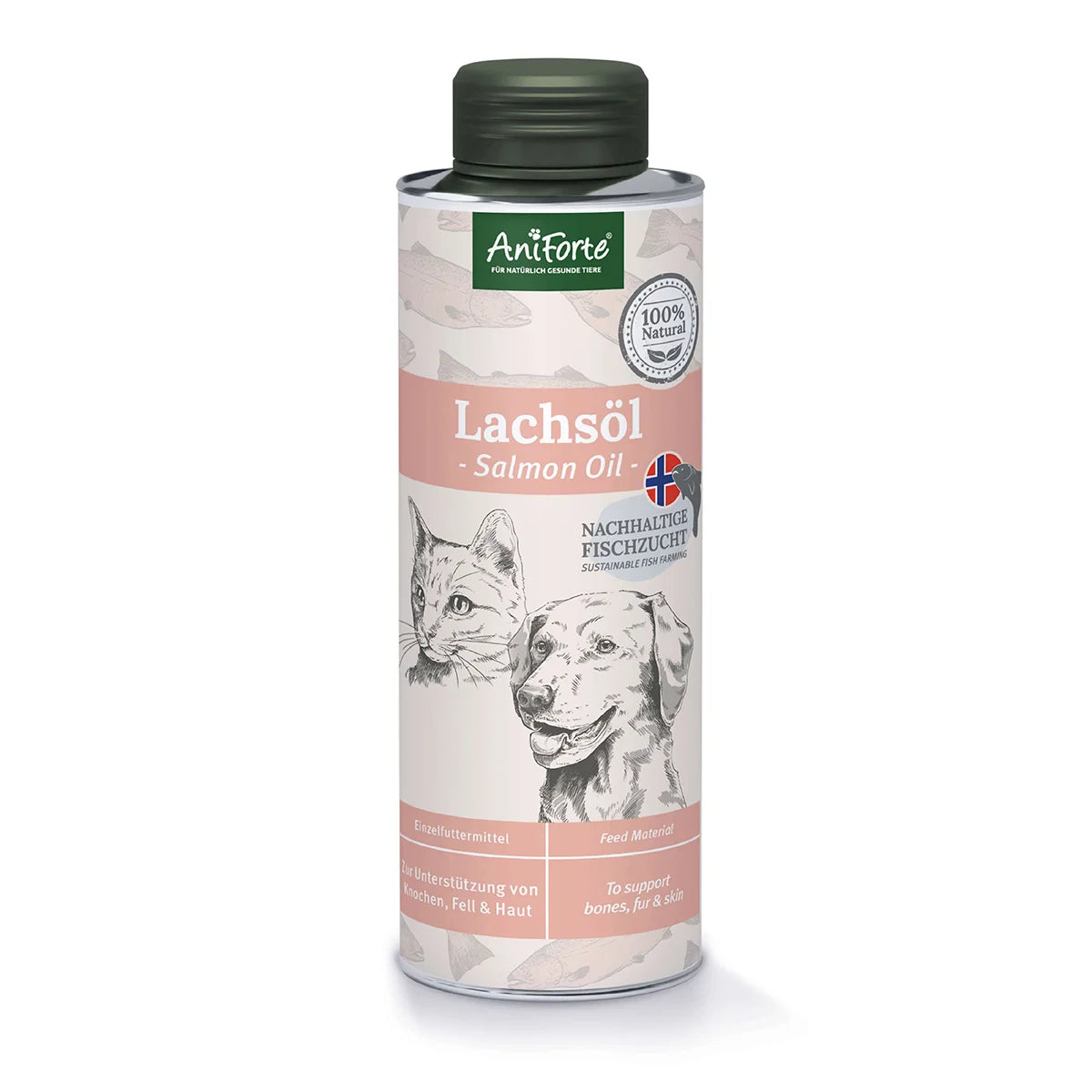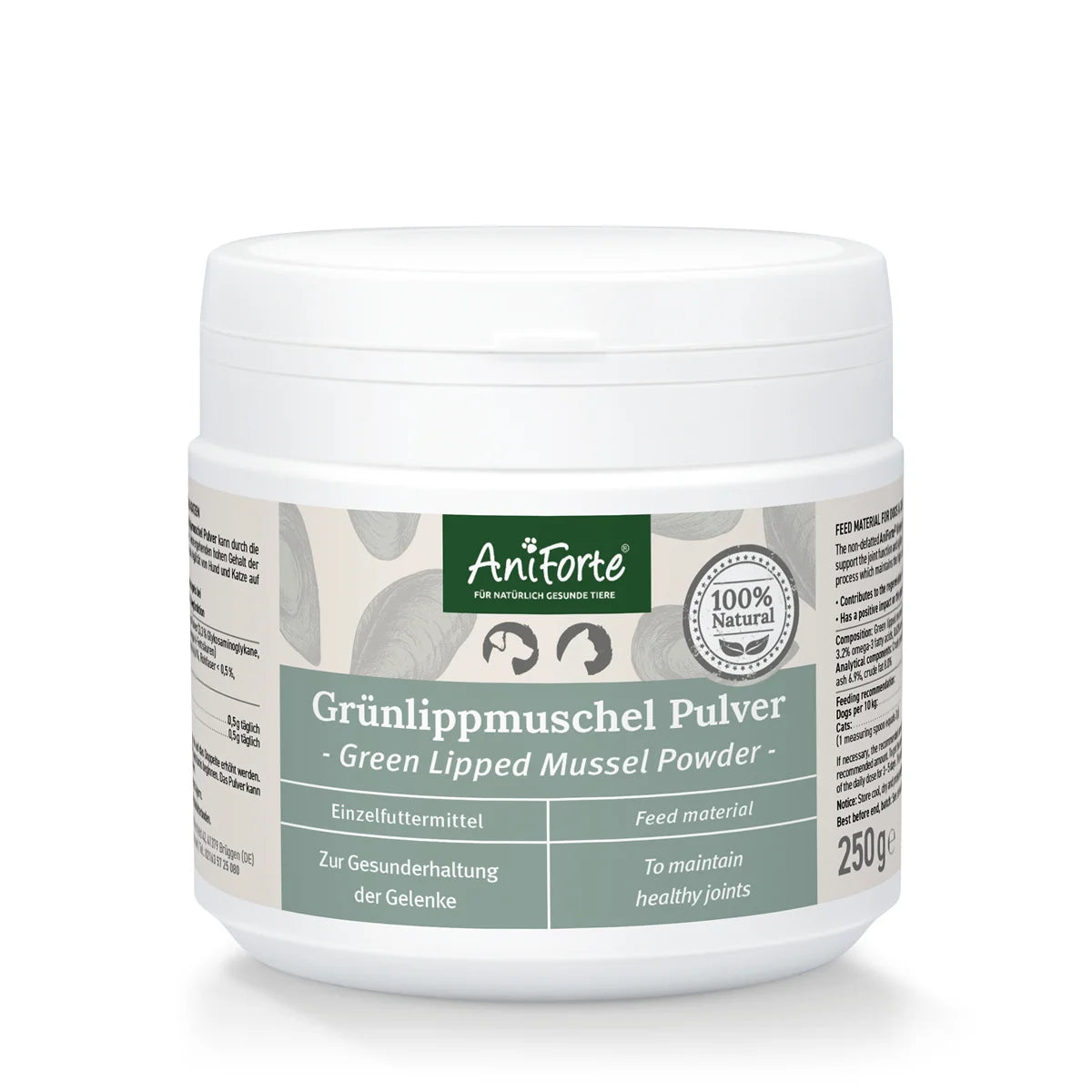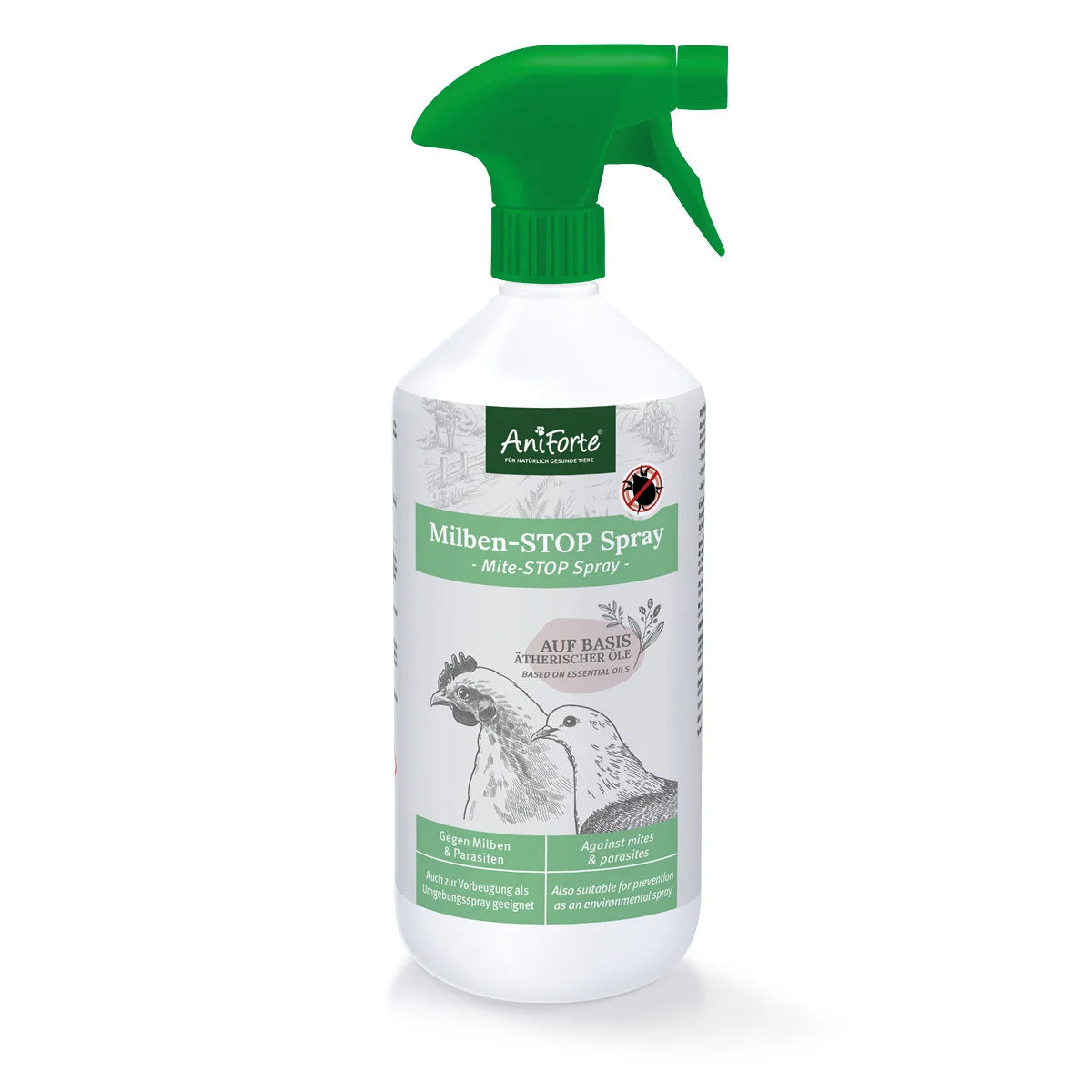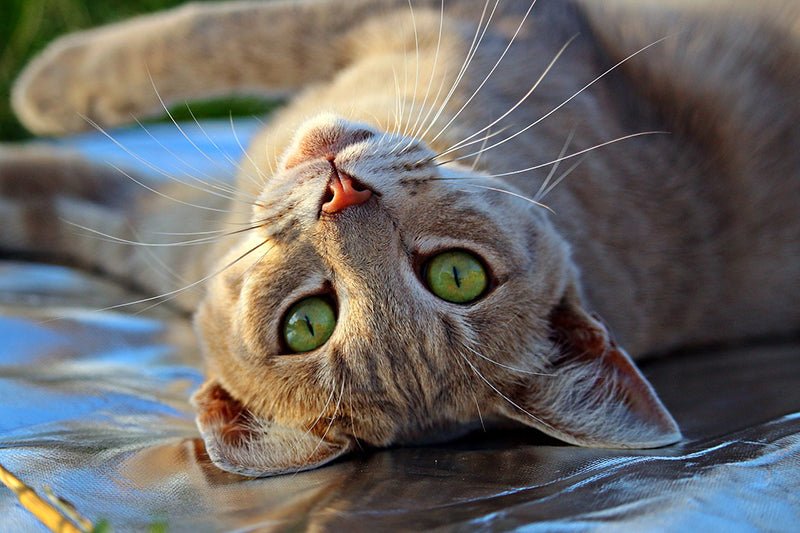
One of the most important decisions for the health of our pets is choosing the right veterinarian. Not only external factors such as proximity to their office, chemistry and trust must also be right. After all, you leave the health and, in an emergency, the life of your pet to other people. Today, we summarise how you can recognise a good veterinarian.
The search for a veterinarian
Did you know that pet owners are legally obliged to take care of their animal’s health? If you do not comply, the animal can even be taken away from you. But most pet owners don't need a law to take care of their pet's welfare.
If you need a vet, it is best to ask friends and acquaintances first. Even if the requirements differ, you at least get a general sense of vets who are eligible - or not.
What are the factors to consider? The competence, the proximity to their ofice, which can be crucial in emergency situations, or let the chemistry decide? Below we have put together a list of how you can go about looking for a vet:
Before you even get your pet, think about veterinary care. Make a list of important criteria that are important to you in a vet (e.g. proximity to your place of residence, a certain specialisation, experience with the pet’s species, etc.)
Ask friends and acquaintances who also have a pet.
Check online to find vets in your area. On some sites you can already find reviews of different veterinarians and animal healers. These testimonials can be helpful, but keep in mind that they don’t offer a complete picture of the veterinary practice.
Arrange a non-binding confersation to get a personal impression of the premises, the medical equipment and of course the veterinarian and their staff.
Before the appointment, prepare a list with the most important questions that are relevant to your choice of veterinarian.
Finding the right veterinarian
How do you recognize a good veterinarian? This is the question pet owners ask themselves. The selection of practicing veterinarians and animal health practitioners is particularly large in metropolitan areas. Finding the right one is not always easy. Experience has shown that the right chemistry and trust are the most critical factors for many pet owners. We recommend that you find a good veterinarian BEFORE purchasing an animal so that you can react quickly in an emergency.
The vet’s office - the first impression counts
- Bright, light-flooded rooms create a pleasant and friendly atmosphere
- The premises must be clean and hygienic
- The space can also convey competence, reliability and security, but are of course only a subjective perception and say nothing about the skills of the veterinarian and their team
- A large waiting room is particularly important for cat and dog owners. Some offices even have separate waiting rooms for dogs and cats to avoid conflict between the animals
- State-of-the-art technical equipment
- In order to avoid long waits for lab results, it is of advantage if the vet’s office has its own laboratory
The veterinarian - the chemistry has to be right
First and foremost, the vet must take enough time for each animal and their owner: patiently listening to the health complaints and asking questions are just as much a part of qualitative advice as a thorough examination of the animal. Also make sure that the individual examination steps are explained to you. If you don't understand something, ask directly. You can already gauge from the vet’s answers and reactions whether your choice was the right one.
It is important that the veterinarian or animal healer can explain symptoms, treatments and procedures in an understandable way. Calm and patient interaction with the pet owner and careful attention to the patient give both humans and animals confidence.
A good way to learn more about the veterinarian's expertise is to ask if they are familiar with treating your species. If your furry legged friend suffers from a specific illness, you can inquire in advance whether the vet has prior experience with treatment of this condition. Someone at the veterinary practice should be available 24/7 in case of an emergency.
In a veterinary practice or clinic, the medical staff should be friendly and sensitive to your animal. They should keep careful track of things, even when things get stressful. Often postponed appointments are evidence of case overload and poor communication.
Frequently changing staff is also not a good sign. High fluctuation and dissatisfied employees have an impact on their daily work.
Basic examination at the vet - are you in good hands?
- A thorough animal examination includes:
- Listening to heart sounds and measuring the pulse rate: is the heart beating regularly? Is the pulse okay?
- Palpating the abdomen: does the animal have problems with its internal organs? Are knobs and irregularities being felt?
- Examining lymph nodes: are the lymph nodes the right size?
- Looking in the mouth: what does dental hygiene look like? Are the teeth and gums healthy? Does the animal have a noticeable mouth odour?
- Inspecting ears and eyes: are there any ear infections or parasites present? Is the vision impaired?
- Measuring the body temperature: does the animal have a high temperature or a fever?
- Asking about the last deworming
- Pointing out updated vaccination protection
- If your animal needs therapy, the vet should inform you thoroughly about the reasons and the benefits. Possible side effects and medication must also be addressed.
Veterinary costs - what is common and what is overpriced?
The cost of animal treatment plays an important role. A fair cost setting should be based on the fee schedule for veterinarians. This fee schedule gives vets a variable framework they need to operate within. For example, neutering a cat can cost anywhere from £100 to £300.
If you live in the country and don't have a large selection of veterinarians, you are likely to be more inclined to pay a higher price travel to a different vet. Here you need to weigh the individual criteria and decide for yourself whether the veterinary costs are reasonable and manageable.
Veterinary specialties
Many vets are not just general practitioners in the veterinary field, but specialise in certain areas of veterinary medicine. Some vets are experts when it comes to eye diseases, others specialise in joint health. If you are interested in natural healing methods, you will most likely find what you are looking for with an animal healer.
